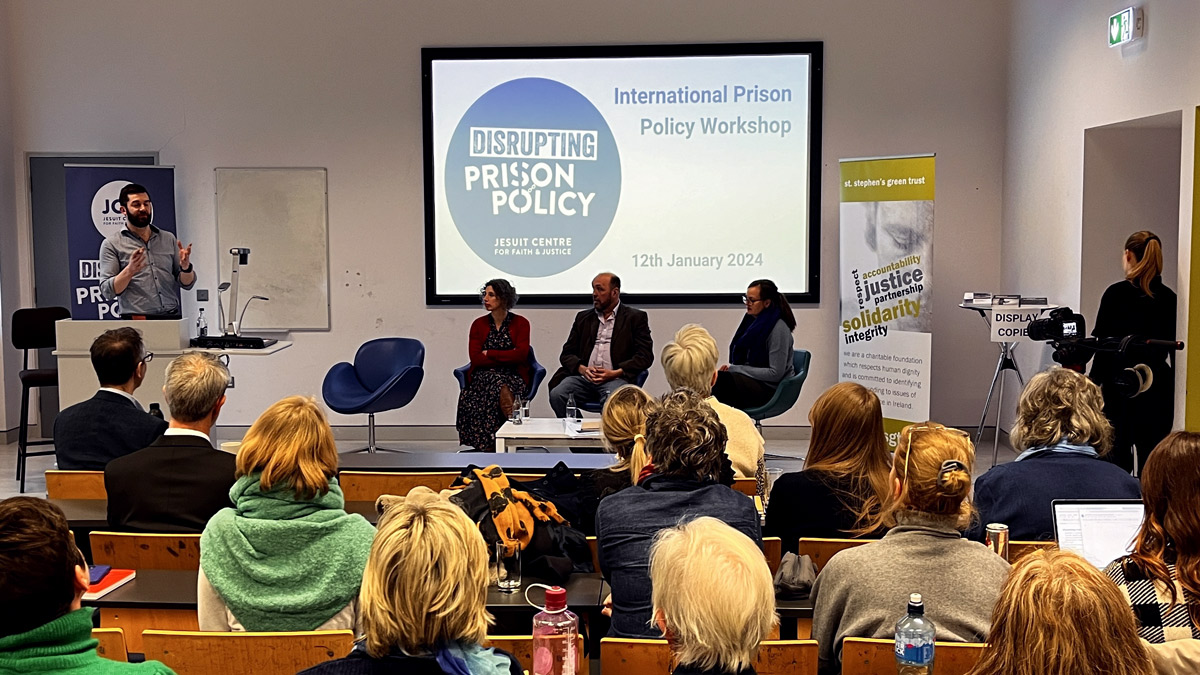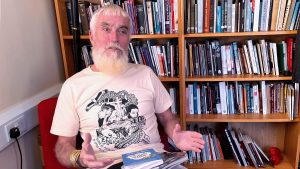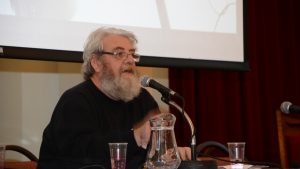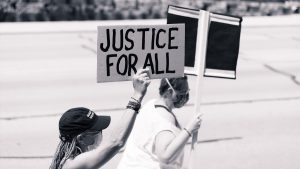Workshop on ‘Disrupting Prison Policy’

The failures of the prison system in dealing with offenders proportionately and justly was in sharp focus at a recent one-day workshop arranged by Keith Adams, Penal Policy Advocate in the Jesuit Centre for Faith and Justice (JCFJ), in Dublin City University. Three papers were delivered by experts on aspects of this theme, after each of which there was lively participation from the floor. The event took place in the St Patrick’s campus of DCU, and it was attended by more than forty people.
The first speaker was Dr Shona Minson, a British Academy Post Doctoral Fellow at the Centre for Criminology at the University of Oxford. She spoke about the impact of the imprisonment of primary carers, particularly mothers, on children, and she advocated a change of framework whereby the courts would be obliged to consider whether the impact of a carceral sentence on dependents makes the sentence disproportionate to its intended purpose. Dr Anna Schliehe, Marie Sklodowska-Curie Fellow at the University of Oldenburg, spoke next. She addressed the necessity of taking a trauma-informed approach to women who are committed to prison, recognising the need to consider the role that trauma plays in their lives. The issue of trauma-informed care is complex and should not be the only model for engaging with women prisoners, but it draws necessary attention to the exceedingly high levels of self-harm, depression, and other mental health issues among them.
Both of these speakers broached the issue of finding non-carceral alternatives for many instances of offending that come before the courts, but the most strenuous opposition to the carceral system was offered by the third speaker, Dr David Scott, in his paper on ‘Prison abolition in owercrowded times’. Dr Scott lectures in criminology at the Open University and is a leading advocate of prison abolitionism. The carceral system as we know it, he noted, is just a couple of hundred years old, and it has always been tied to the vested economic and social interests of a class, especially of those who hold and manage the workings of power in a society. Prison, he maintains, “are places of harm, suffering, violence and death. They always have been and always will be.”
The round-table discussion at the end raised further important questions, especially relating to the experience of racism and prejudice in both sentencing and in prison experience, particularly of women. A number of commenters also expressed difficulty with imagining what justice in a prison-free society would look like.
Participants in the workshop were unanimous in appreciating the value of the contributions both of the speakers and from the floor. The text of the papers delivered at the workshop plus three further essays on the theme of prison policy and reform will be published in the summer 2024 issue of Studies: An Irish Quarterly Review ».






















